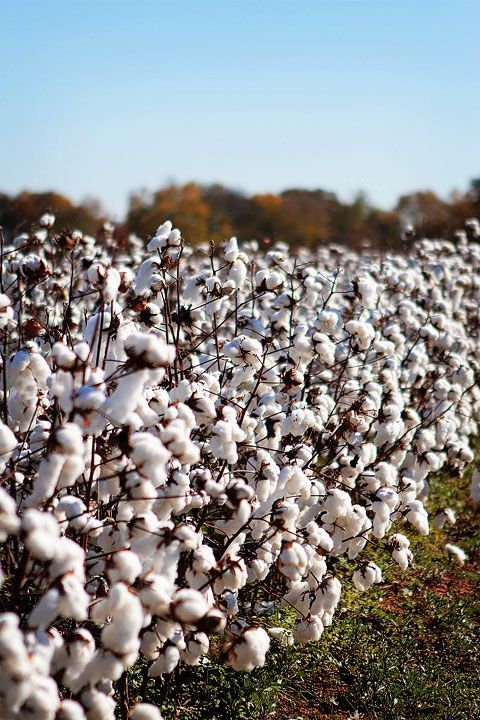In an agricultural landscape where cotton reigns supreme, the month of September takes center stage. Secretary of Agriculture for South Punjab, Saqib Ali Ateel, emphasized the critical significance of September in shaping Pakistan’s agricultural sector, particularly concerning the cotton crop. During a technical consultation session convened to discuss the acceleration of cotton crop flowering, Ateel underscored the need for meticulous cotton management. With the cotton crop delicately poised at its current stage, stress is not an option.
This pivotal month also witnessed the emergence of whitefly hotspots, mulley bugs, and pink bollworms, necessitating effective management strategies. In response to these challenges, a technical session was convened to formulate recommendations for pest control and balanced nutrition. These recommendations encompass efficient water usage, precise fertilization methods, and disease control measures. Farmers are advised to irrigate the crop judiciously, and the proper use of recommended fertilizers, including calcium ammonium nitrate (CAN), ammonium sulfate, urea, and sulfur, is deemed crucial for crop health and yield.
In tackling the pink bollworm menace, mass trapping methods, diverse chemical treatments to avert resistance, and the identification and removal of affected plants are all part of the recommended arsenal. Secretary Ali Ateel has urged field formations to accelerate their efforts in cotton care, ensuring that these expert-backed guidelines not only reach every farmer but are also effectively implemented. This article delves into the paramount role of September in the development of Pakistan’s cotton crop, underscoring that now is the prime time for proactive measures.
As Pakistan’s cotton crop enters a crucial phase, Secretary of Agriculture for South Punjab, Saqib Ali Ateel, has sounded the alarm on the pivotal role that the month of September plays in the well-being of this vital sector. In a recent technical consultation session dedicated to accelerating the flowering of the cotton crop, Ateel shed light on the indispensable nature of September in shaping the nation’s agricultural landscape.
With cotton at a delicate juncture in its growth cycle, stress is not an option. Ateel’s concerns extend beyond the usual challenges faced by cotton farmers; he has also taken note of the emergence of whitefly hotspots, mulley bugs, and the persistent menace of the pink bollworm. These issues demand immediate and effective management strategies.
To tackle these challenges head-on, a technical session was convened to develop comprehensive recommendations for pest control and balanced nutrition. These recommendations encompass a range of critical practices, including efficient water management, precise fertilization methods, and robust disease control measures.
One of the key takeaways from this consultation is the emphasis on efficient water usage. Farmers are advised to irrigate their cotton crops judiciously, providing the necessary moisture without overburdening the delicate plants.
Furthermore, the proper use of recommended fertilizers is deemed crucial for the health and yield of the crop. Fertilizers like calcium ammonium nitrate (CAN), ammonium sulfate, urea, and sulfur have been identified as essential elements in ensuring the cotton crop’s vitality.
The pink bollworm, a persistent threat to cotton cultivation, also receives special attention in these recommendations. Farmers are encouraged to employ mass trapping methods, diversify their chemical treatments to avoid the development of resistance, and promptly identify and remove affected plants when necessary.
Secretary Ali Ateel’s message is clear: September is not a month for complacency. It is a critical juncture in the cotton crop’s development, and proactive measures are the need of the hour.
In his directive to field formations, Ateel has urged swift and effective action in implementing these expert-backed guidelines. It is not enough for these recommendations to remain on paper; they must reach every farmer and be put into practice.
As the cotton fields of Pakistan enter this pivotal phase, the entire agricultural sector is on alert. September’s role in shaping the fate of the cotton crop is undeniable, and the actions taken during this month will reverberate throughout the year.
In conclusion, Secretary Saqib Ali Ateel’s emphasis on September’s significance in Pakistan’s cotton crop management is a clarion call to the nation’s farmers. It serves as a reminder that in agriculture, timing is everything, and September presents a window of opportunity that must not be squandered.














